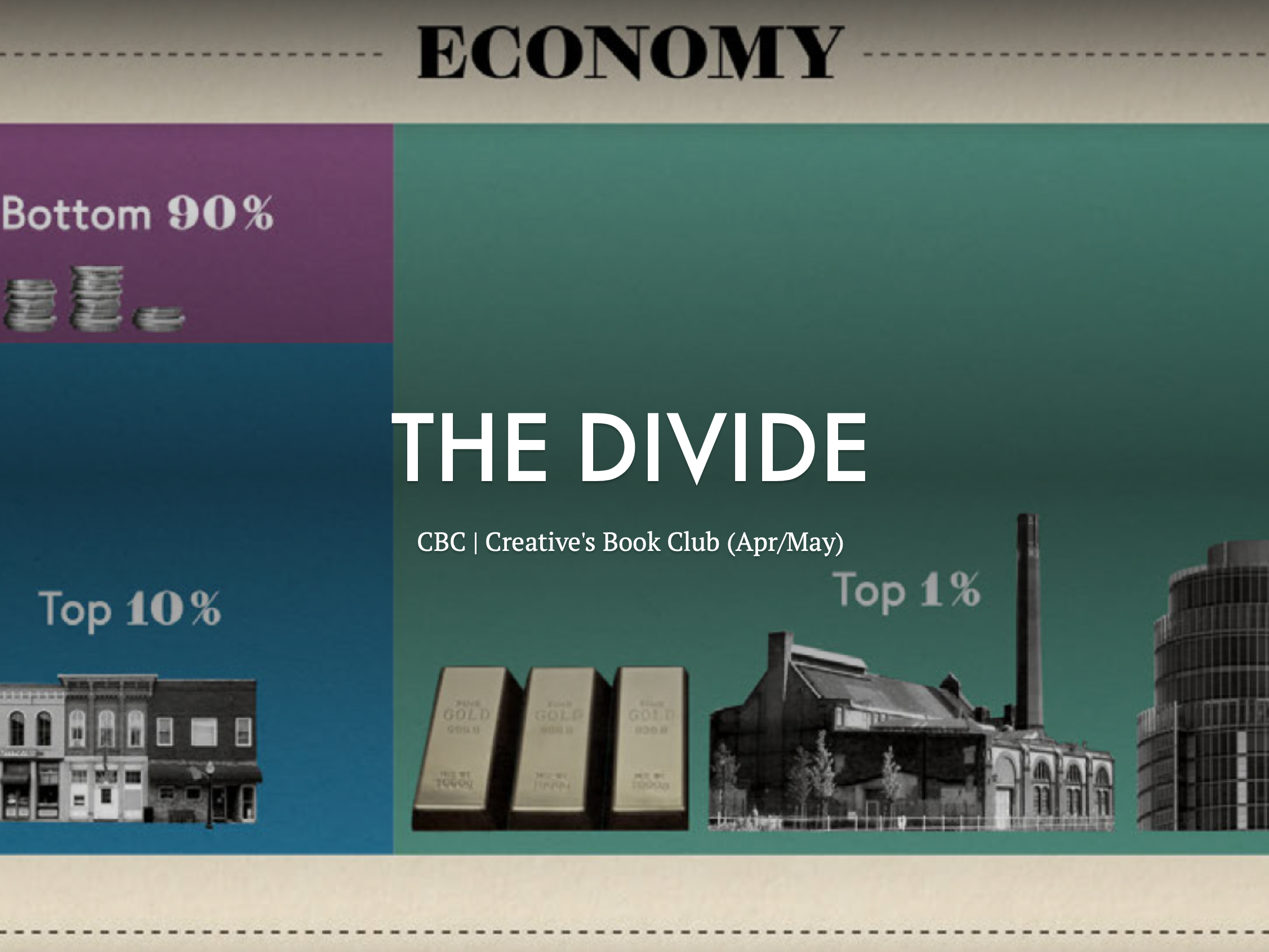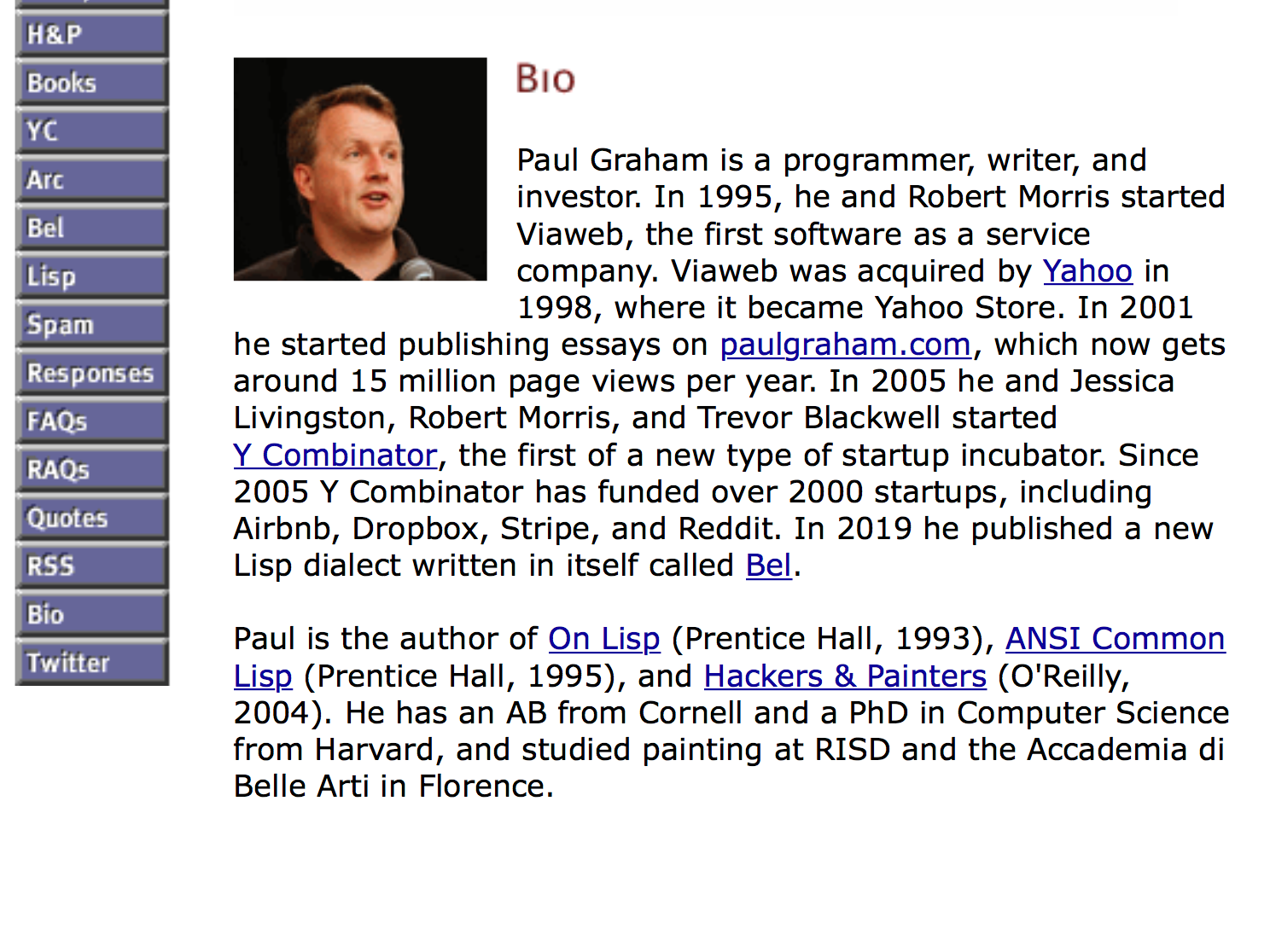"The keys to success are working on the right problems, making continual progress on them, and achieving continual personal growth."
-- John Schulman
Honing Your Taste
John listed 4 ways to speed up the process of developing a good taste for what problems to work on.
1. Do A with expert A
2. Do B with expert B
3. Do C with expert C
4. Spend time reflecting on what research is useful and ask constructive questions.
"Items 1-3 relate to optimizing your environment and getting input from other researchers, whereas item 4 is something you do alone."
If you’re not in the circle of high density of relevant expertise to do 123 with ABC, it's ok. Do 4 and work extra hard to get ahead of the pack.
"It’s extra-important to specialize and develop your own unique perspective."
Idea-Driven VS Goal-Driven Research
Roughly speaking, there are two different ways that you might go about deciding what to work on next.
1. Idea-driven. You have an idea...You embark on the project to test the idea.
2. Goal-driven. You develop a vision of a new tech...You solve problems to achieve the goal.
John recommended 2 for most people for the following reasons:
1. Idea-driven is very difficult for most people as ideas are similar. To make breakthroughs with idea-driven research, you need to develop an exceptionally deep understanding of your subject, and a perspective that diverges from the rest of the community.
"Ideas are cheap, and there are lots of them in the air"
2. Goal-driven research gives you a perspective that differentiates you from the rest.
"It will lead you to ask questions that no one else is asking, enabling you to make big learner leaps of progress."
3. Goal-driven research is more motivating. You can imagine how it'd look like and how you'd feel when reaching the goal, which makes it easier to stick to a long-running project with ups and down.
"One pitfall of goal-driven research is taking your goal too literally. If you have a specific capability in mind, there’s probably some way to achieve it in an uninteresting way that doesn’t advance the field of machine learning. You should constrain your search to solutions that seem general and can be applied to other problems."
Summary: Goal-driven and Idea-driven are not mutually exclusive in most cases ; Goal-driven is more like to make X work the first time VS Idea-driven is to make X work better ; Goals make it possible for a group of people to work together and attack different aspects of the problem VS idea is more effectively carrie out by a team of 1-2 people.
Aim High, and Climb Incrementally Towards High Goals
People who are exceptional intelligent and super hard working but working on unimportant problems will fail to do great research. How large the potential upside of a problem matters, and you should ask that question when you start. And then you make incremental improvements during day-to-day work. That's the way to achieve unprecedented result.
Incremental work (those 10% improvements) are most useful in the context of a larger goal that you are trying to achieve.





